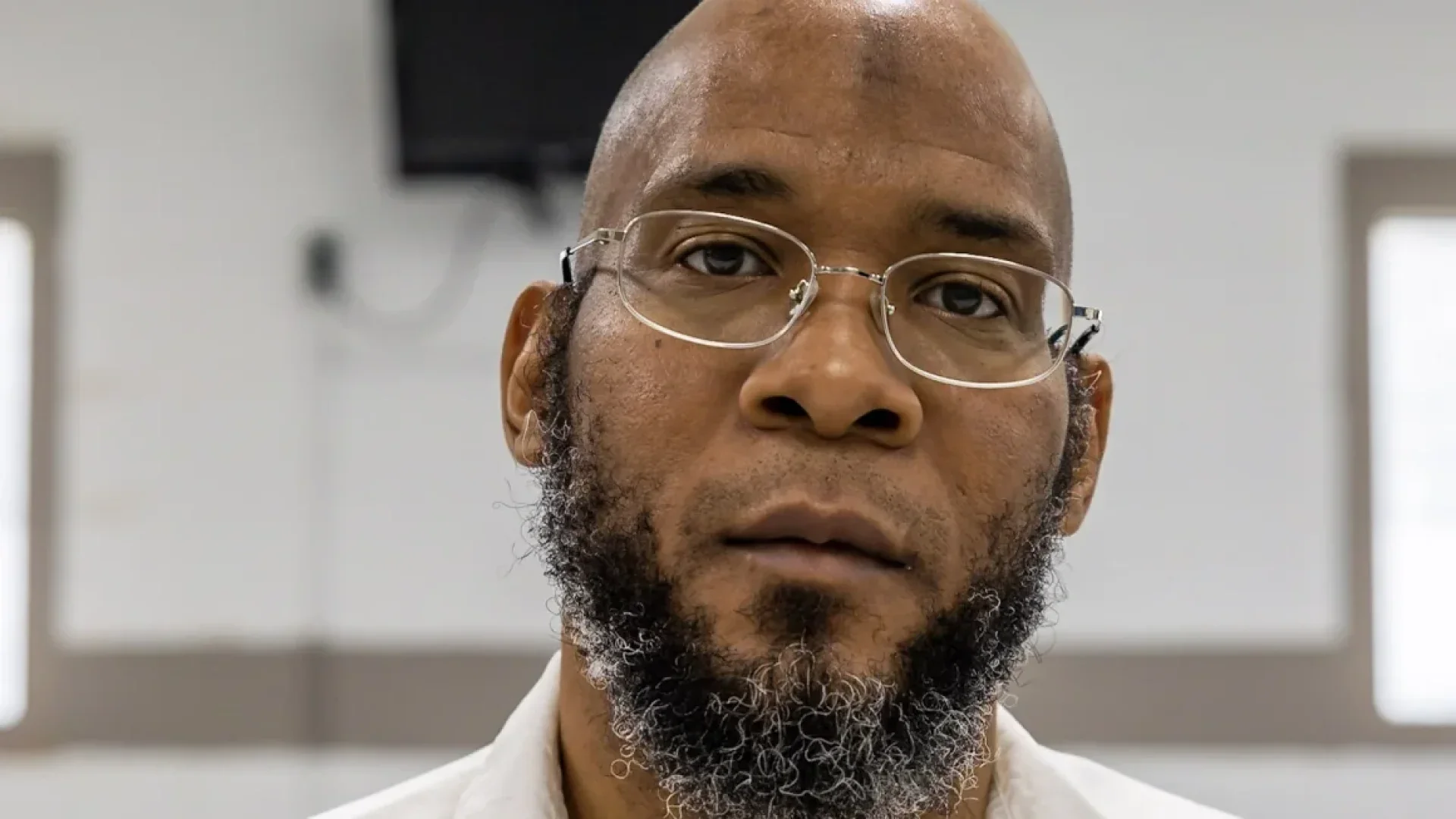
The state of Missouri executed Marcellus Williams on Tuesday, September 24, shortly after the U.S. Supreme Court rejected a request to delay the execution.
Williams, who had been on Missouri’s death row since 2001 was put to death by lethal injection at 6 p.m. CT after being convicted for the 1998 murder of newspaper reporter Felicia Gayle.
In his last statement, Williams said, “All Praise Be To Allah In Every Situation!!!”
“We hope this gives finality to a case that has languished for decades,” said Missouri Department of Corrections Director Trevor Foley. However, St. Louis County Prosecuting Attorney Wesley Bell, who had sought to have the conviction overturned, said, “This outcome did not serve the interests of justice.” Gayle’s family was also against the Williams’ execution.
“Marcellus Williams should be alive today,” Bell said in a statement according to CBS News. “There were multiple points in the timeline when decisions could have been made that would have spared him the death penalty. If there is even the shadow of a doubt of innocence, the death penalty should never be an option.”
In late August Williams legal team made a final attempt to overturn his conviction, citing concerns about the integrity of the evidence used in his case. According to the Innocence Project, his lawyers argued that the trial prosecutor had contaminated DNA evidence that could have exonerated Williams. However, their efforts were unsuccessful, and his motion was denied.
In addition, during a hearing on Monday, the Missouri Supreme Court ultimately decided against stopping Williams’ execution.They concluded that the prosecutor did not provide “clear and convincing evidence” of Williams’ actual innocence or any constitutional errors from the original trial that would undermine confidence in the verdict.
In their opinion, since they rejected the appeal on its merits, the motion to stay the execution was deemed moot. Missouri Governor Mike Parson emphasized that Williams had exhausted all legal avenues. “No jury nor court, including at the trial, appellate, and Supreme Court levels, have ever found merit in Mr. Williams’ innocence claims,” he said in a statement as reported by CNN. “At the end of the day, his guilty verdict and sentence of capital punishment were upheld.”
Williams’ conviction in 2001 came from a jury that consisted of 11 White jurors and one Black juror. The Innocence Project pointed out that the prosecutor had removed six Black potential jurors from the pool using peremptory challenges. Keith Larner, the prosecutor at the time, later testified that he struck one Black juror because he believed the man resembled Williams, both being Black men who wore glasses and had what he described as “piercing eyes.”
“Tonight, Missouri will execute an innocent man,” said attorney Tricia Rojo Bushnell of the Midwest Innocence Project in a statement following the Supreme Court ruling. “…The victim’s family opposes his execution. Jurors, who originally sentenced him to death, now oppose his execution.The prosecutor’s office that convicted and sentenced him to death has now admitted they were wrong and zealously fought to undo the conviction and save Mr. Williams’ life.”
“That is not justice. And we must all question any system that would allow this to occur,” Bushnell said.